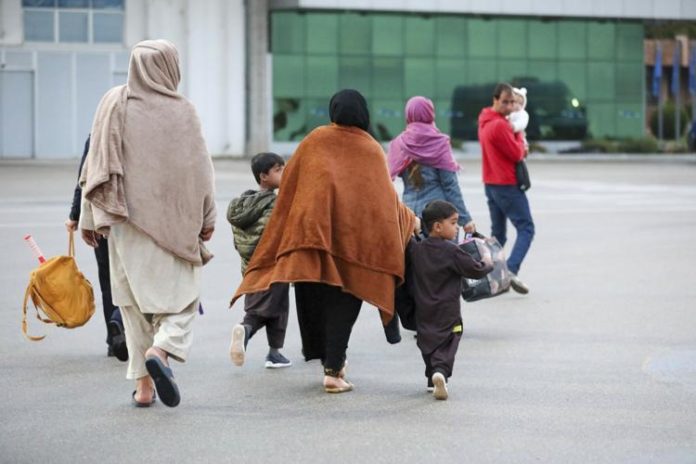
The International Rescue Committee’s Tucson office received a $250,000 federal grant from the U.S Centers for Disease Control and Prevention to help prevent COVID-19 outbreaks in refugee, immigrant, and migrant (RIM) communities.
The Tucson IRC office is one of 23 organizations around the U.S. to be awarded such a grant.
“In addition to providing desperately needed resources directly to communities in need,” Lucy Slater, a program director for the National Association of County and City Health Officials, told The Center Square, “The resources are intended to strengthen relationships between local health departments and RIM communities for the long term, and to identify models and best practices COVID prevention that are sustainable and have potential to address other communicable diseases among RIM populations in the future.”
“There is growing evidence that COVID-19 disproportionately affects RIM communities,” Slater said. “Members of RIM communities with economic challenges or who work in essential jobs like farmworkers or food processing plant employees have been particularly harmed by the COVID-19 pandemic.”
IRC will work closely with the Pima County Health Department and other stakeholders through a Community Advisory Committee, Slater said.
Slater said these partnerships will “create and disseminate culturally and linguistically appropriate health education materials, assist in mobile COVID-19 testing and vaccination campaigns, and provide rapid-response case management and care coordination to those who test positive for COVID-19.”
Slater said that practical barriers, such as lack of access to a car or varying work schedules, decrease the accessibility of COVID-19 vaccines and related medical care to RIM communities in Tucson. RIM communities are more likely to rely on public transit, which is scarce in some areas.
“Low-income populations are also disproportionately impacted by work schedules that are varying or provided at the last minute, with 60% of workers earning less than $15,000 a year reporting schedule instability,” Slater said. “Low-wage workers often face greater challenges in asking for and being granted time off of work to either get the vaccine or take sick leave in cases of temporary side effects.”
Lack of child-care access also creates a challenge for RIM community vaccine access, Slater said, as members of RIM communities are disproportionately likely to be unable to arrange or pay for childcare to get vaccinated.
Local IRC officials could not be reached for comment.
Elizabeth Troutman | The Center Square contributor
Republished with the permission of The Center Square.













